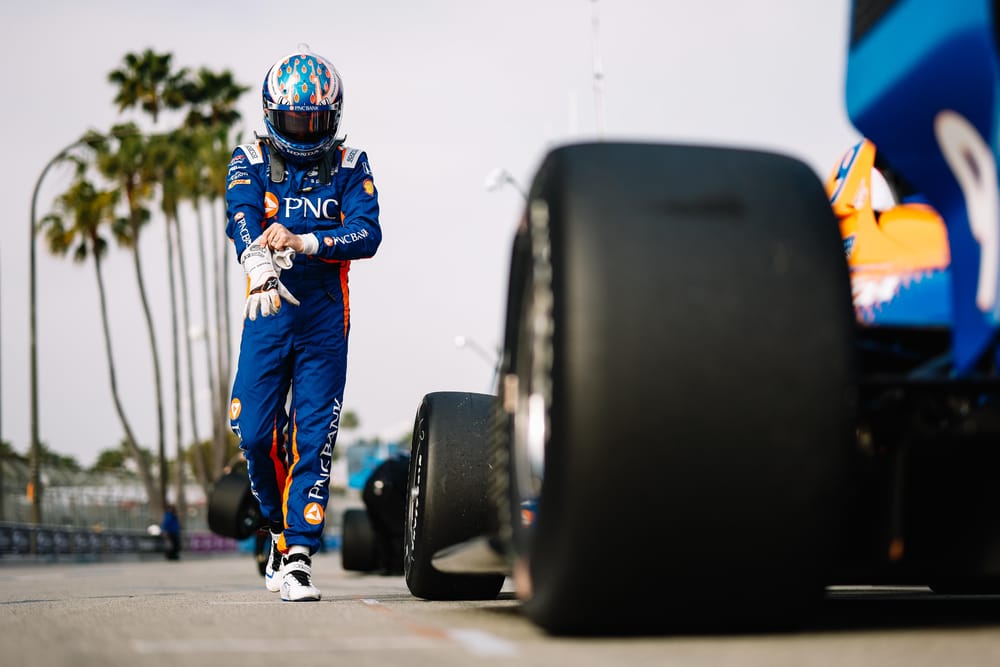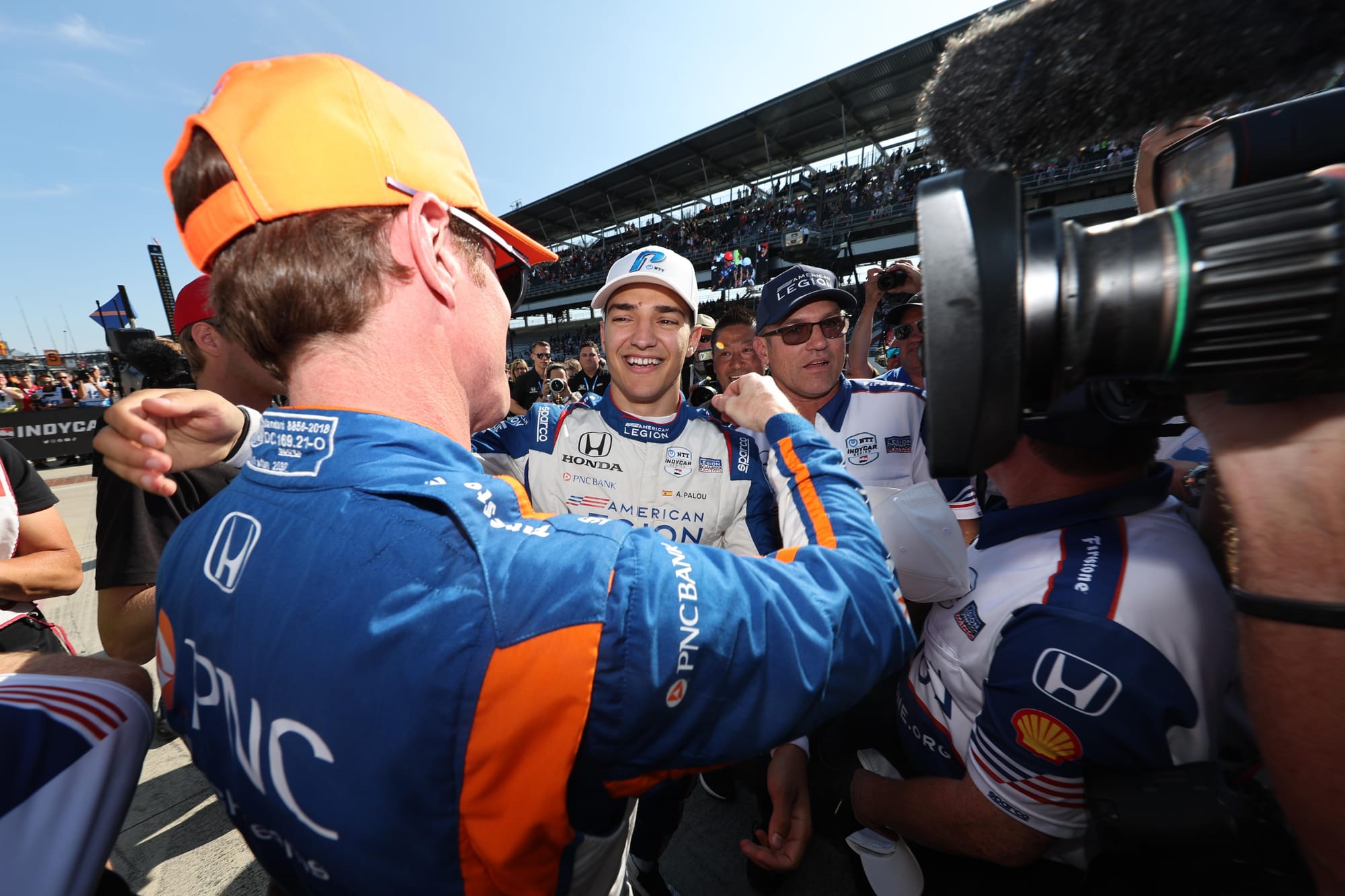Fernando Alonso’s extended contract with Aston Martin will keep him in Formula 1 past his 45th birthday, and there’s no sign of him being any less fierce, wily and competitive than he was when he entered the championship at the age of 19 in 2001 with Minardi.
In IndyCar, there’s a legend currently aged 43, a year older than Alonso, who also made his top-level in 2001 and who equally continues to defy Father Time. In his case, he’s actually won four of the last six races in the series.
He is, of course, Scott Dixon.
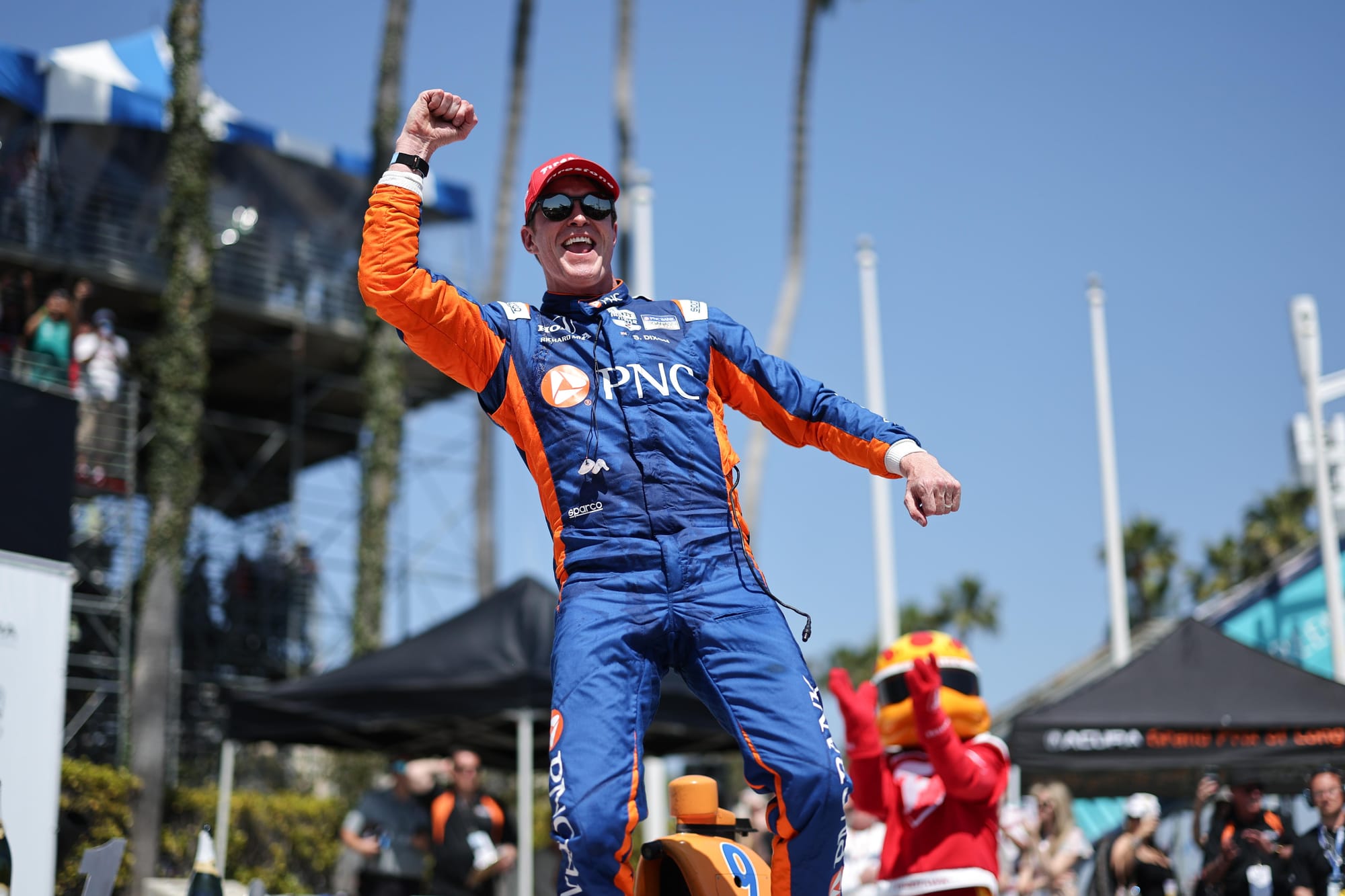
If you're an IndyCar diehard, you don't need an Alonso comparison to quantify the genius of what Dixon's achieving in his 40s. But in an era when F1's profile advantage over the rest of motorsport is bigger than it's ever been, and when Alonso is lauded so frequently for the incredible standard at which he's still performing so deep into his career, it's worth reminding the wider motorsport world that Alonso's not the only person doing what he's doing. And his IndyCar equivalent has managed to keep himself in a championship-winning team too.
While Alonso has competed for many teams and sometimes been accused of creating friction in them, you’d struggle to find a person in the world with a bad thing to say about Dixon, who has raced for the same Chip Ganassi Racing team since 2002.
In that time he’s moved to within 10 race wins of the all-time IndyCar marker set by AJ Foyt, won six championships, and generally established himself as one of the hardest people to beat in any given IndyCar season.
57 wins and counting 😮💨#INDYCAR // @scottdixon9 pic.twitter.com/uF8b0plfKd
— NTT INDYCAR SERIES (@IndyCar) April 22, 2024
Whether like in 2020 - his most recent title year - he wins the first three races of the year, or last year when he won three of the last four of the season in pursuit of team-mate Alex Palou’s ridiculous title push, he is always a threat where race wins and championships are concerned.
You can never count him out. Especially when fuel saving is involved!
It might be because it’s fresh in the memory, but many labelled last weekend’s Long Beach race victory one of the best, if not the best, of Dixon’s career given he had to do two incredibly long stints saving fuel while maintaining pace on a bizarre strategy that boosted him from eighth to the win.
An early caution gave Dixon the chance to gamble and pit, then try to reach the end of the race on only one more pitstop - a strategy that would require extreme fuel saving and long stints.
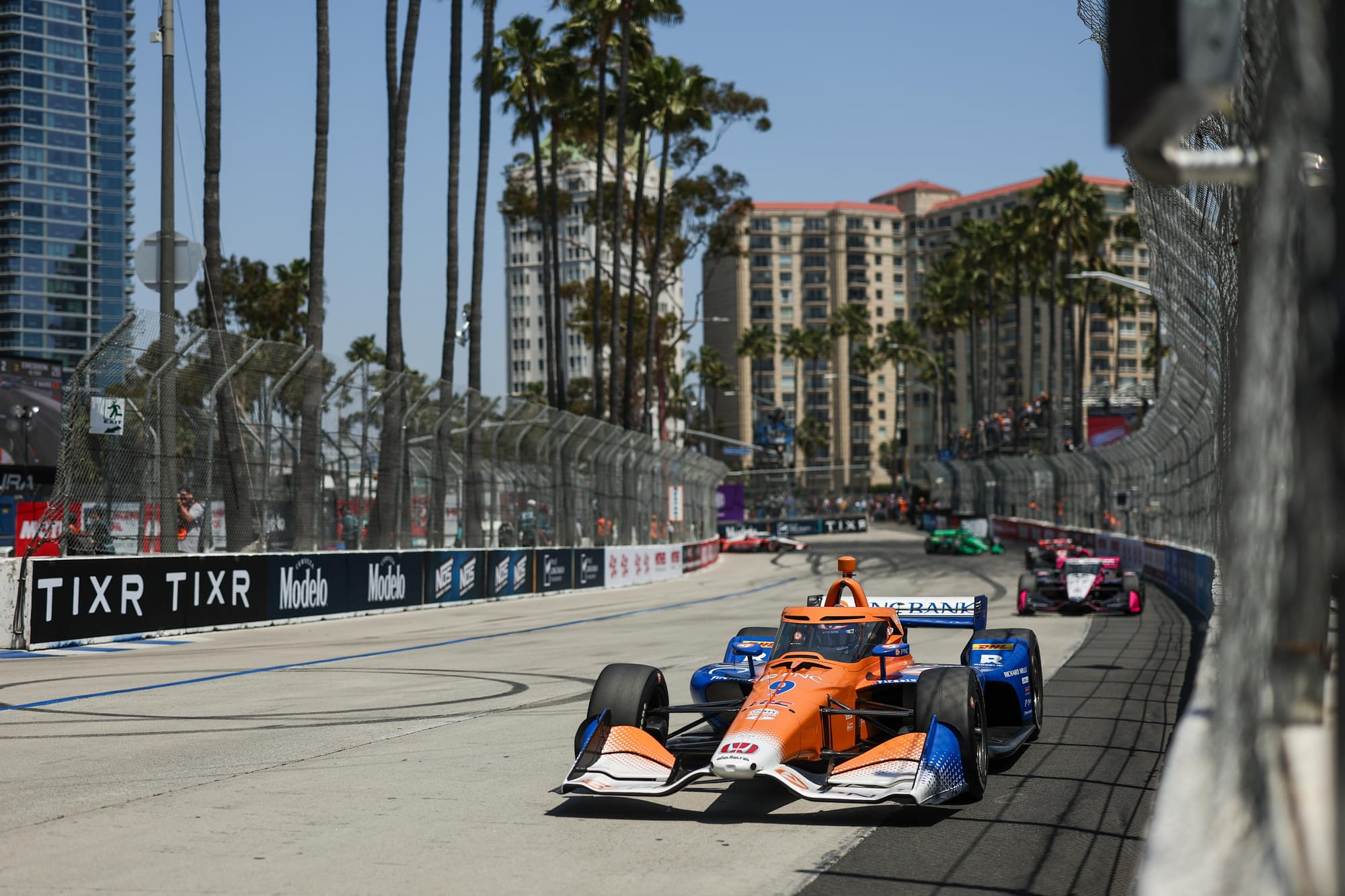
In the closing stages, first Josef Newgarden and then Colton Herta harried him for victory while he saved fuel and nursed older tyres, but it didn't matter. Even though Dixon’s nickname is the 'Iceman', asked where this ranked in terms of his 57 wins, he deflected: "It ranks on the stressful-meter pretty high!"
He regularly tries these fuel-saving strategies, and for good reason.
Having finished third, Palou spelled out in no uncertain terms that he simply couldn’t have pulled off the fuel-saving mastery Dixon managed.
His only explanation was admittedly a joke, but it was still telling: "Probably he's cheating and he has an extra fuel cell that I don't know yet."
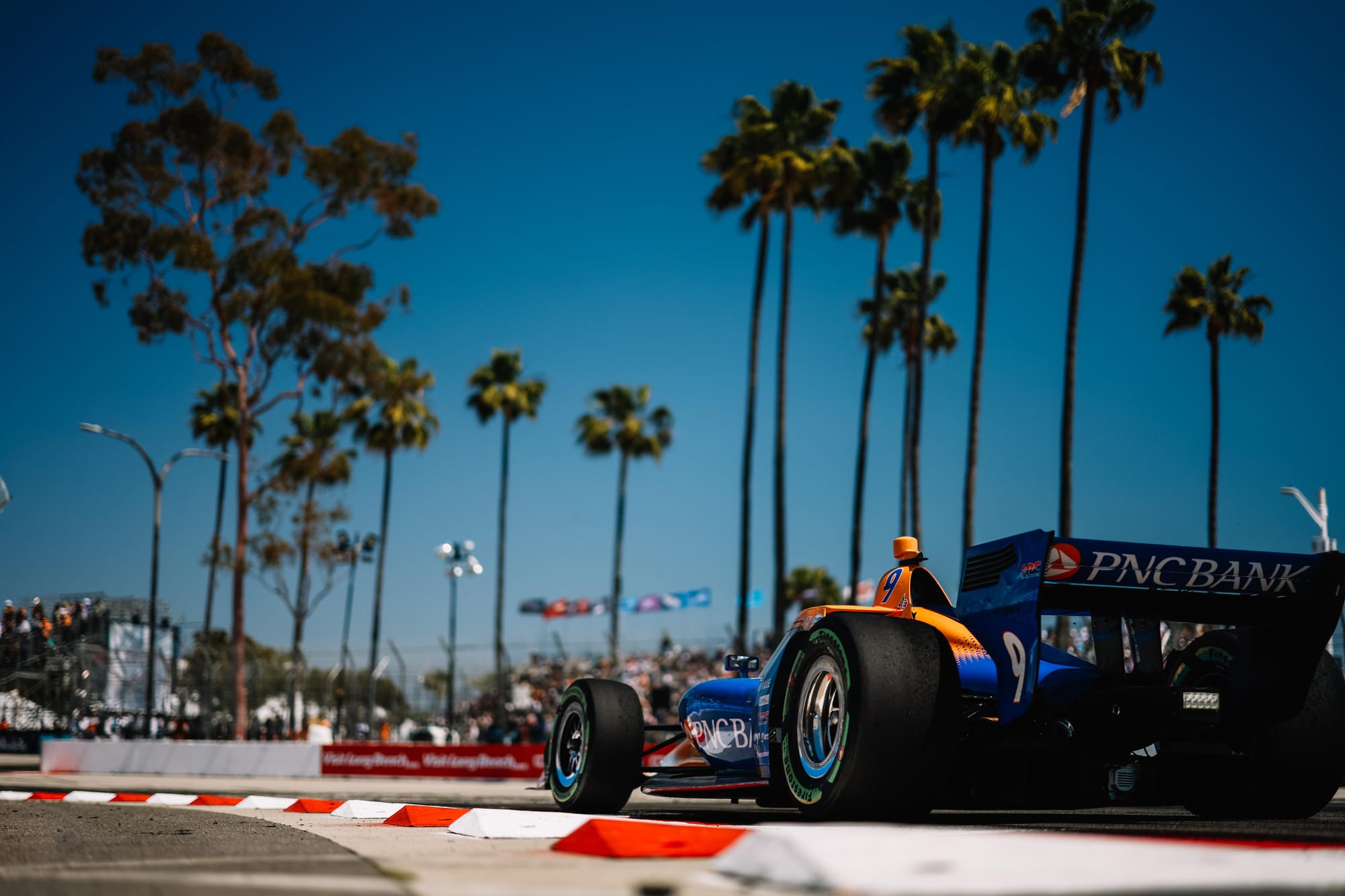
"Once he took it, I was like, 'He's going to make it work'," Palou added.
"It's super tough if you know the [fuel mileage] numbers he has to get..."
The Race asked Dixon how that made him feel and what it meant for a competitor - scratch that, a team-mate who’s also the reigning champion - to admit they can’t do something another driver can do.
“Yeah, it's big,” he replied typically matter-of-factly, forced into answering a question about himself where he couldn't deflect to crediting someone else.
“Obviously he sees what we do. He can see all of that, which makes it difficult. A lot of these times, these days, you can't hide anything, especially in our team. Some things back in the day, you used to be able to keep to yourself. That's just impossible now.
“But Alex is very good as well. He's definitely one of the toughest, one of the best drivers in the series. Obviously, defending champion.
“[Fuel saving] doesn't always work out. It's a difficult discipline, trying to make sure before the race that you know you're going to need a car that really rolls well through the corner if you do get into a position like this. It's not just all about technique. There's a lot of steps to take to get there.
“Even for me today, I wasn't sure we were going to get that.
“When you do, it feels damn good.”
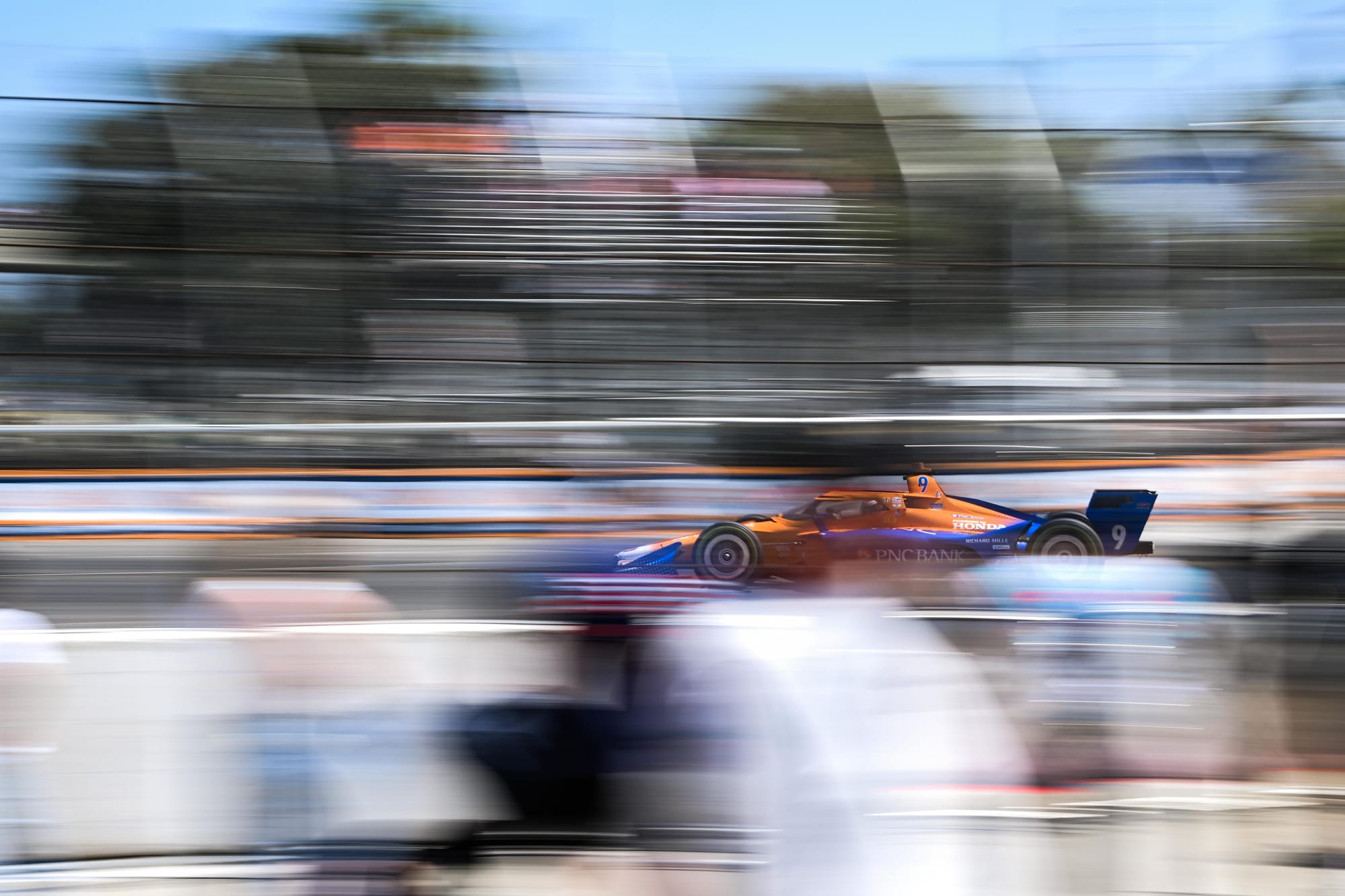
Inadvertently, Dixon reveals a factor in his performance that probably doesn’t get discussed enough when he pulls off one of these fuel-saving masterclasses: the very person who said he wouldn’t personally be able to do it, Palou, has all of Dixon’s data. Still, he can’t match him.
In IndyCar, the field is close and you can expect any one of around 12-15 drivers to be able to score a pole, win or podium. All of those drivers probably believe they are as good as the others and that they have the skills of their peers, too.
But on fuel saving, no one is even in the same league as Dixon. Even those who can technically see how he’s able to do it.
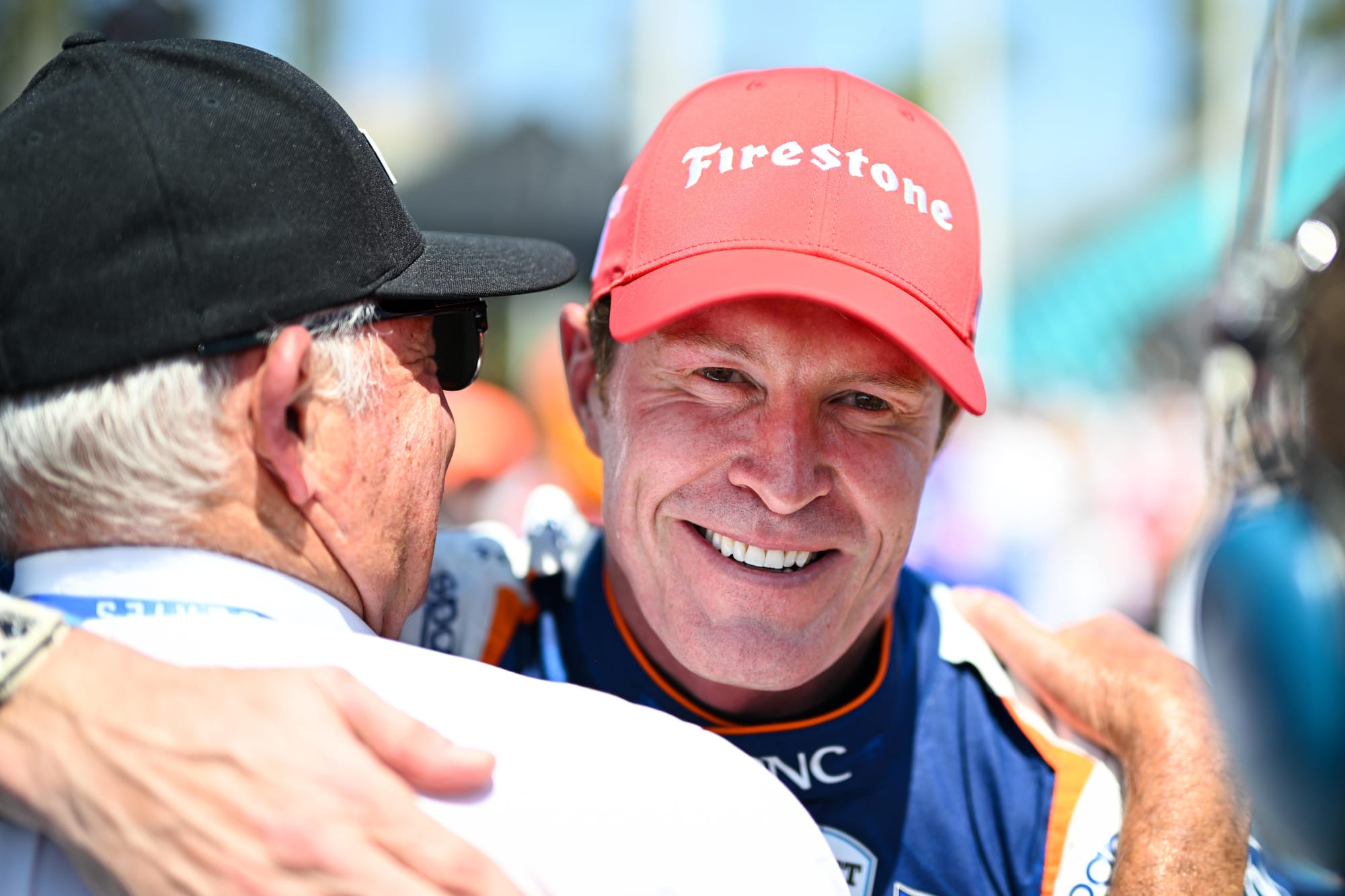
Because Dixon spends his time between races out of the limelight, and falls over himself to credit just about any person other than himself in some cases for his wins, such is his selfless nature, sometimes he goes overlooked.
A compassionate and magnanimous driver doesn't always offer exciting options in a headline-driven world.
Many people who don’t follow IndyCar don’t perhaps rate Dixon as one of the best drivers outside F1 or give him the credit he deserves.
As cool as ever 🧊@scottdixon9 earns his second career Long Beach win 👏#INDYCAR // @GPLongBeach pic.twitter.com/gbPD8GTn1y
— NTT INDYCAR SERIES (@IndyCar) April 21, 2024
Perhaps his lack of top-level qualifying stats - he has three poles in the last five years - contribute to that illusion of a lack of dominance or peak performance.
But ultimately, he does his talking in the races, and it doesn’t matter where he starts, he’s always a win threat. Those four wins in the last six races came from 15th, 16th, 11th and eighth on the grid.
Perhaps that qualifying record would be more impactful in other series, but ultimately we’re comparing theoretical apples and oranges.
Dixon is the kind of low-key team player that every team would dream of having. His wins might not often come from spectacular pole positions or by leading every lap, but he does things that literally no other driver can do.
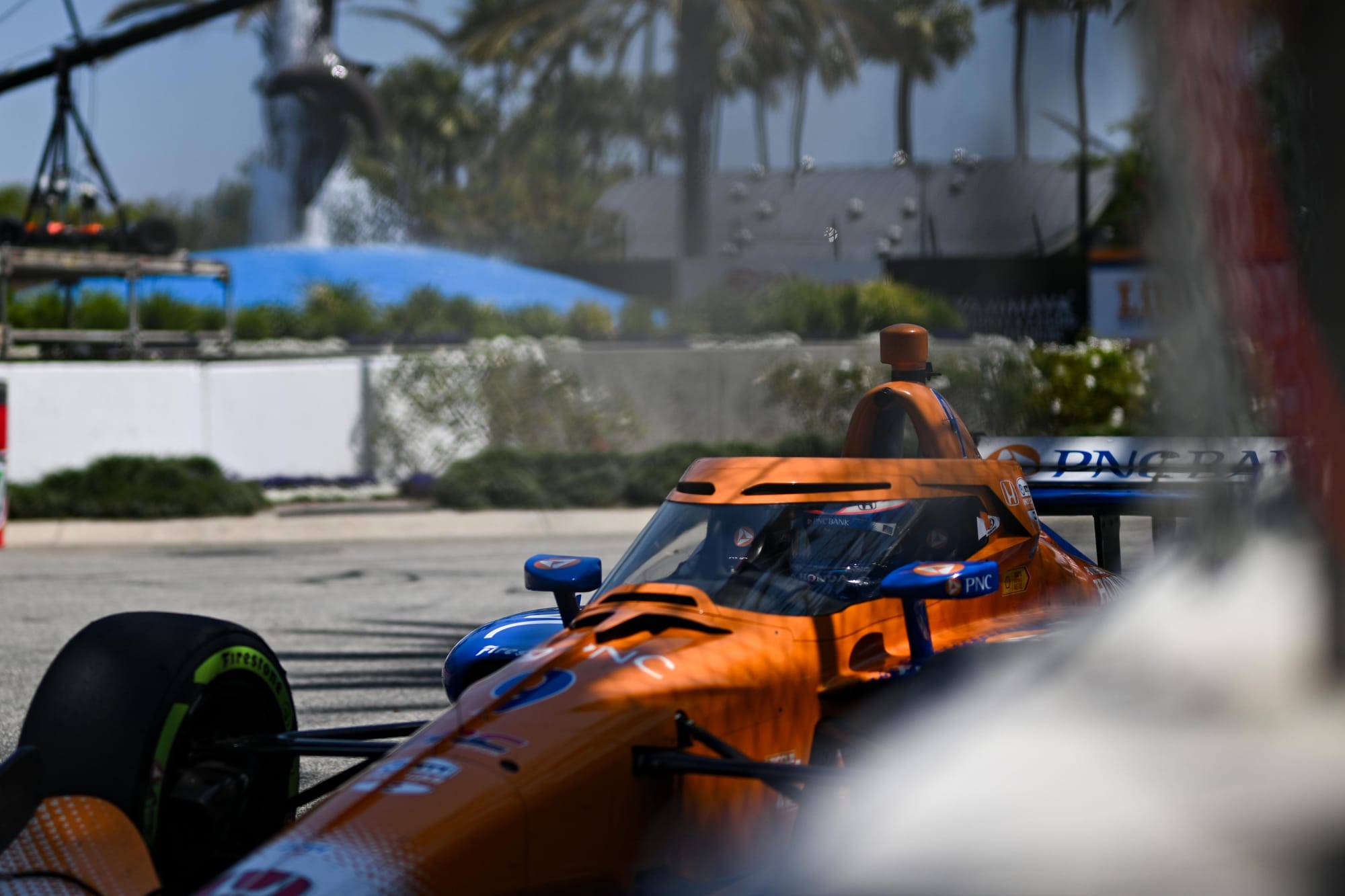
How many drivers in elite motorsport can you say, genuinely, can achieve a feat that others can’t in the same circumstances?
Dixon has said that he is looking to compete for another three more years or perhaps even further.
At Long Beach, he said: “Once it becomes annoying to me or I'm getting beaten badly, maybe it's time to move on.
“For right now, [there's] nothing in the short-term that's going to take me away from that.”
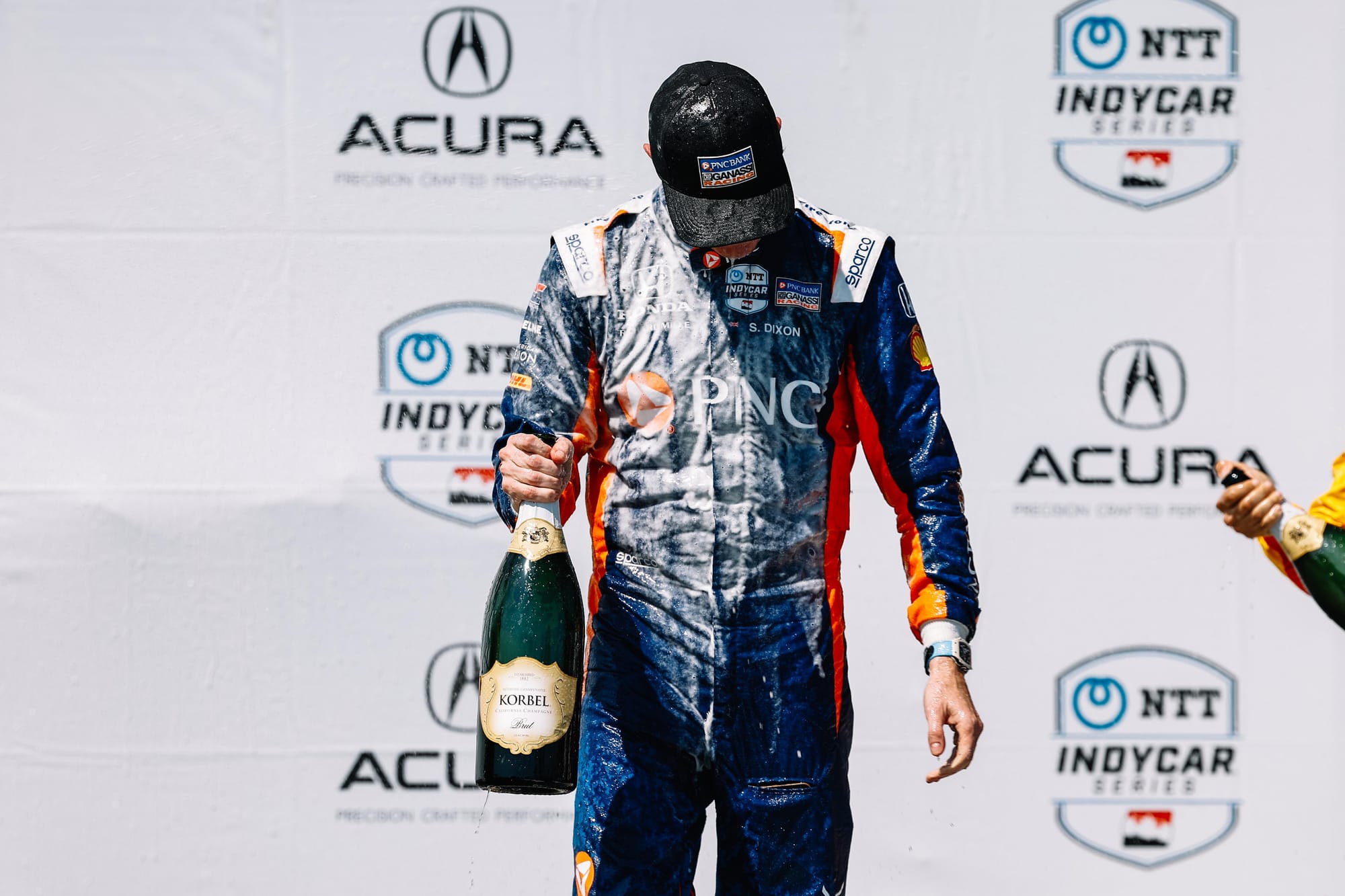
That’s fantastic news for IndyCar fans, who get to see one of the best to ever grace the series continue to perform with a recent win record untouchable even by the hottest young stars.
The same can’t be said for Alonso, who competes for a team and in a championship that doesn’t afford him the same possibility of being a race winner week in, week out.
In many ways, perhaps he also isn’t appreciated in the same way as Dixon, because he has to settle for racing in F1’s midfield where no amount of declarations that he has just delivered one of his best F1 performances on his way to sixth, for example, can convince people that he is performing at Max Verstappen's or Carlos Sainz’s level right now.
At least Dixon can realistically perform to his peak and get the results that deserves. We should be both enjoying it and giving him more credit than he currently gets for doing it.

